According to an article published in the journal JAMA Network Open, adequate vitamin D intake in patients with gastrointestinal cancer can improve the chance of cancer survival by up to 2.5 times.
For 100 years, it has been believed that lack of sunlight and vitamin D deficiency is linked to the risk of many deadly cancers such as colon cancer, prostate cancer, breast cancer...
But scientists are skeptical and studies sometimes produce inconsistent results.

Vitamin D can be supplemented in many ways, including spending more time outdoors - Illustration photo from the Internet
The new work focuses more on the mechanism of vitamin D's effects on gastrointestinal cancers, the most common of which is bowel cancer - one of the most common and deadly cancer groups in the world .
A research team led by Professor Michael F. Holick from the Chobanian & Avedisian School of Medicine at Boston University discovered that vitamin D, especially D3, strongly affects the activity of the p53 gene in the body.
The p53 gene is the “factory” that produces the p53 protein, which prevents cells from becoming malignant. Cancers alter this gene and cause the p53 protein to mutate, creating treatment-resistant tumors.
But a strong immune system fueled by adequate vitamin D intake helps regain control over the production and release of mutated p53 protein.
One study found that cancer survival was improved by up to 2.4 times in patients who supplemented with 2,000 IU of vitamin D3 daily, compared with those who did not.
Vitamin D, including D3, is not difficult to find: It can be produced well through exposure to sunlight, especially if you are in the tropics; supplemented through eating certain foods such as fish, beans, eggs, dairy products, etc.; and taken as a low-cost supplement, which can be found almost anywhere in the world.
These results also suggest a nutritional intervention regimen in patients with colon cancer or gastrointestinal cancer in general, to improve treatment outcomes.
Source




![[Photo] The 9th Party Congress of the National Political Publishing House Truth](https://vphoto.vietnam.vn/thumb/1200x675/vietnam/resource/IMAGE/2025/6/24/ade0561f18954dd1a6a491bdadfa84f1)
![[Photo] Close-up of modernized Thu Thiem, connecting new life with District 1](https://vphoto.vietnam.vn/thumb/1200x675/vietnam/resource/IMAGE/2025/6/24/d360fb27c6924b0087bf4f288c24b2f2)

![[Photo] General Secretary To Lam meets with the Group of Young National Assembly Deputies](https://vphoto.vietnam.vn/thumb/1200x675/vietnam/resource/IMAGE/2025/6/24/618b5c3b8c92431686f2217f61dbf4f6)
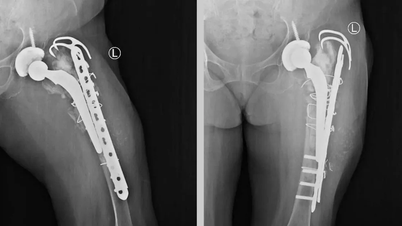

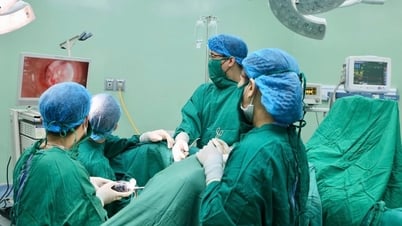

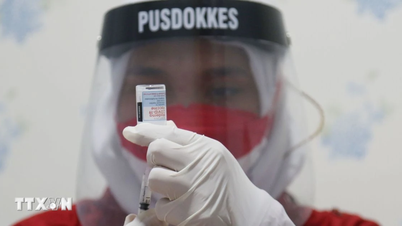

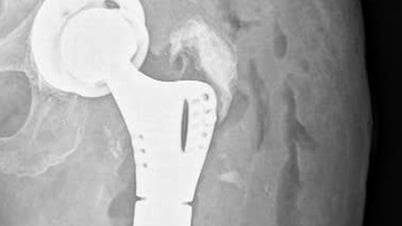












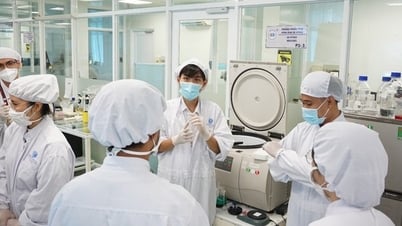










































































Comment (0)